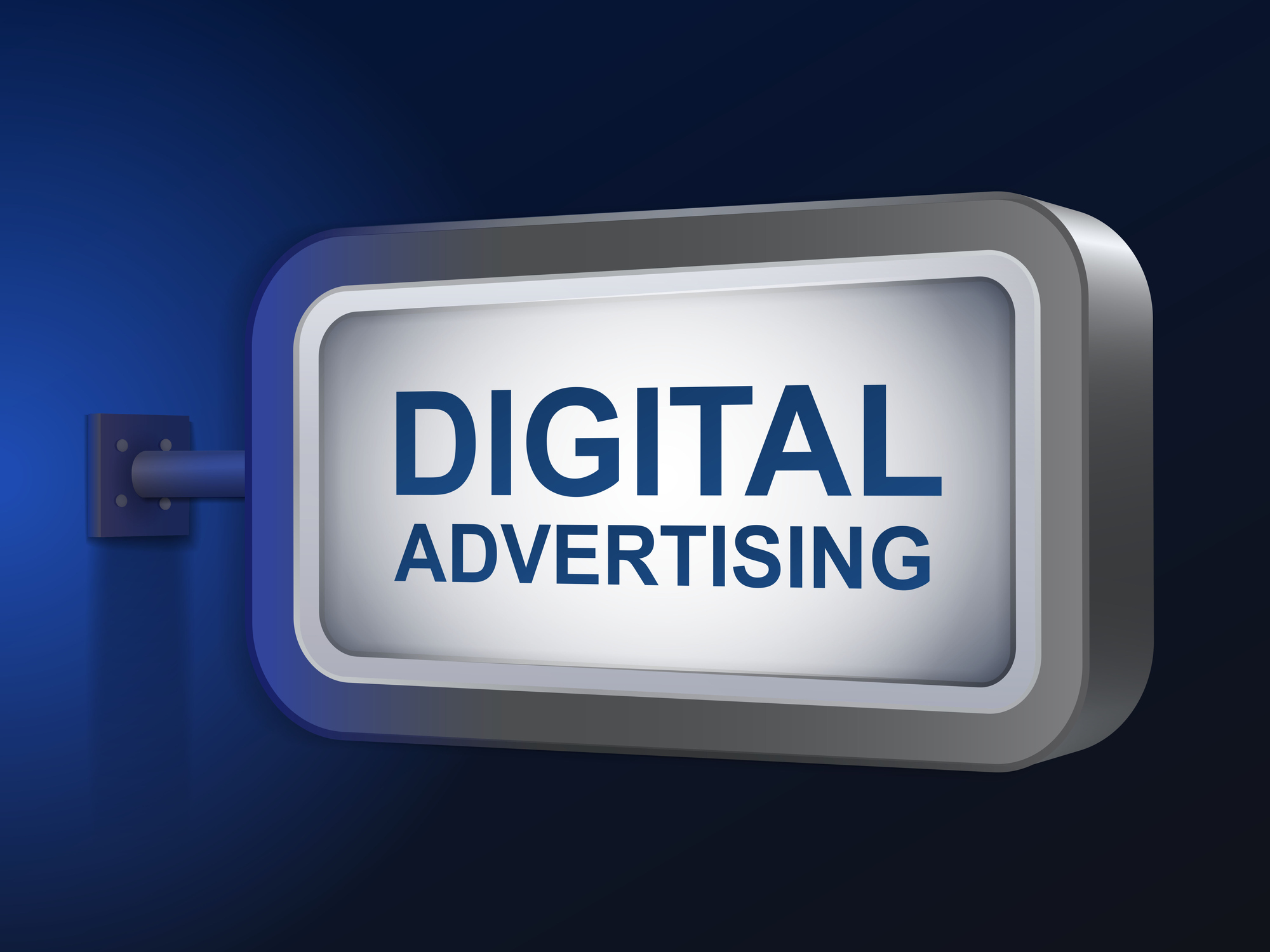By Efe Obiomah
Last week, I read two Instagram posts, back-to-back, about a well-known public relations (PR) consultancy in Nigeria. The posts were clearly excerpted from press releases, and the first described the consultancy as, ‘a 360-degree traditional and digital PR agency’ while the subsequent, ‘Global Media and Public Relations agency.’ Given the status of this organisation in the industry, I was curious about its use of the descriptor “traditional and digital PR agency. ” Here is why.
In what Rob Brown titled ‘Digital PR is Dead: Social goes mainstream,’ he said: The distinction between digital and “mainstream” or “conventional” media is at best unhelpful. The term “new media” is archaic and the line between old and new impossible to draw… We must call time on the notion that digital or online PR is somehow a specialization or a separate discipline. Digital PR is dead.
“Digital PR is Dead: Social goes mainstream” is the first chapter of Share This Too: More Social Media Solutions for PR Professional (2013), a follow-up to Share This: The Social Media Handbook for PR Professionals (2012), both written by Brown and other members of the Chartered Institute of Public Relations (CIPR) UK.
In the book, he argues that radio and TV are both analogue and digital, and ‘possibly neither.’ He also explains that:
Newspapers have re‐invented themselves as multi‐platform media brands operating across lots of different delivery systems… Every print newspaper has an online edition and for most, there are apps for phones and tablets. We now expect online newspapers to carry video.
He also adds that when you send a press release to a print publication, it is likely to appear online.
Brown’s argument is solid, and I agree. We can extend his viewpoint.
Let’s consider internal communication. The function used email and intranets before the advent of social media and so-called digital PR came to be. Yet, today, email and intranets are considered digital channels with email marketing a seemingly new grandiose idea.
Perhaps a more relatable example is the news (press) conference which is averagely thought of as a traditional PR tool. But COVID-19 news conferences proved the contrary, as some governments and institutions held virtual news conferences. Similarly interviews. If you are a guest on a television interview done via Skype does that qualify as traditional PR or digital PR?
These examples reflect what Brown means when he says that ‘the line between digital and analogue has faded to the point where it is barely identifiable.’
I have become more passionate about this topic since I started teaching professionals sitting for the CIPR UK certifications.
One of the units I teach is called “Content, Media and Engagement (CME).” Very fancy name. I guess it’s so titled because the Institute wanted to avoid the use of digital or online PR. The course essentially situates public relations within the contemporary media landscape.
It’s also interesting that my students approach this course as “traditional and digital practitioners,” and their weaknesses buttress why we cannot afford to allow this dichotomy fester.
The “digital practitioners” consider themselves “content creators,” “social media influencers” or “storytellers” — except that they are not, as most have never heard of storytelling techniques. More so, by the time we have covered the syllabus, some of the content creators admit that they didn’t know anything about content curation.
The digitally-inclined students know a lot about digital tools but are poor at research and analysis, and developing messages that link to organisational objectives. They also generally find long-form writing an arduous task because like it or not, content creation and curation involves a lot of writing, and it is deliberate too.
You might ask if long-form writing is still very relevant given the short attention span of the digital audience and insatiable appetite for engaging and entertaining content. My answer is that there are certain audiences for whom it is necessary — if you are reading this, you’re one of them. It’s also necessary for formal settings as I wrote in “There’s a place for well-thought-out speeches and for being cool.” Jeff Bezos’s recent statement to the US House of Representatives Judiciary sub-committee on Anti-trust, Commercial, and Administrative Law is another example. Bezos’s statement storytelling at its best. A rags to riches story we can all relate to but written to influence opinion.
As for my other group of students, the fear of digital is almost the beginning of wisdom — they cringe when I begin to talk about Search Engine Optimisation (SEO). They might include a Facebook post in their PR plan, but that’s as far as they go when they think of digital. They also have a misconception that email marketing or influencer marketing/ relations are strictly a marketing affair. But with the lines between marketing and PR blurring, I often say, don’t look at the tool, think of the end goal. It’s all about cause and effect. Non-profits, government agencies and certain industries do not have marketing departments. In such instances, PR has to deliver on these tasks.
Recall the Funke Akindele COVID-19 campaign for the NCDC? I am not sure anyone would consider it marketing as it sought to educate and change behaviour. It’s an example of a government agency using influencer marketing as a PR tool.
Communication is as old as mankind, from the earliest forms of person-to-person to the current digital landscape. But what’s evident from the examples above is that the core of public relations has not changed. Whether it is a virtual news conference or a Skype or Instagram live interview, key messages must be delivered to inform, educate or influence with the ultimate goal of persuading the customer or stakeholder to act favourably.
Every PR practitioner should be able to exploit so-called traditional skills as well as digital tactics to serve their organisation’s interests. Longstanding practitioners just need to master new tricks, and the digital generation must learn the foundations of their chosen profession. The next Mark Zuckerberg is probably in his room developing the next big thing in media. Who knows what it will be? This is not the end of the media revolution — radio did not see TV coming and TV did not see YouTube coming, so get with it or you’ll get lost!
Efe Obiomah is a publicist, PR & MarCom thought leader, Film & TV enthusiast and tourist on a mission to demystify PR in Nigeria.






Comment
No comments found.